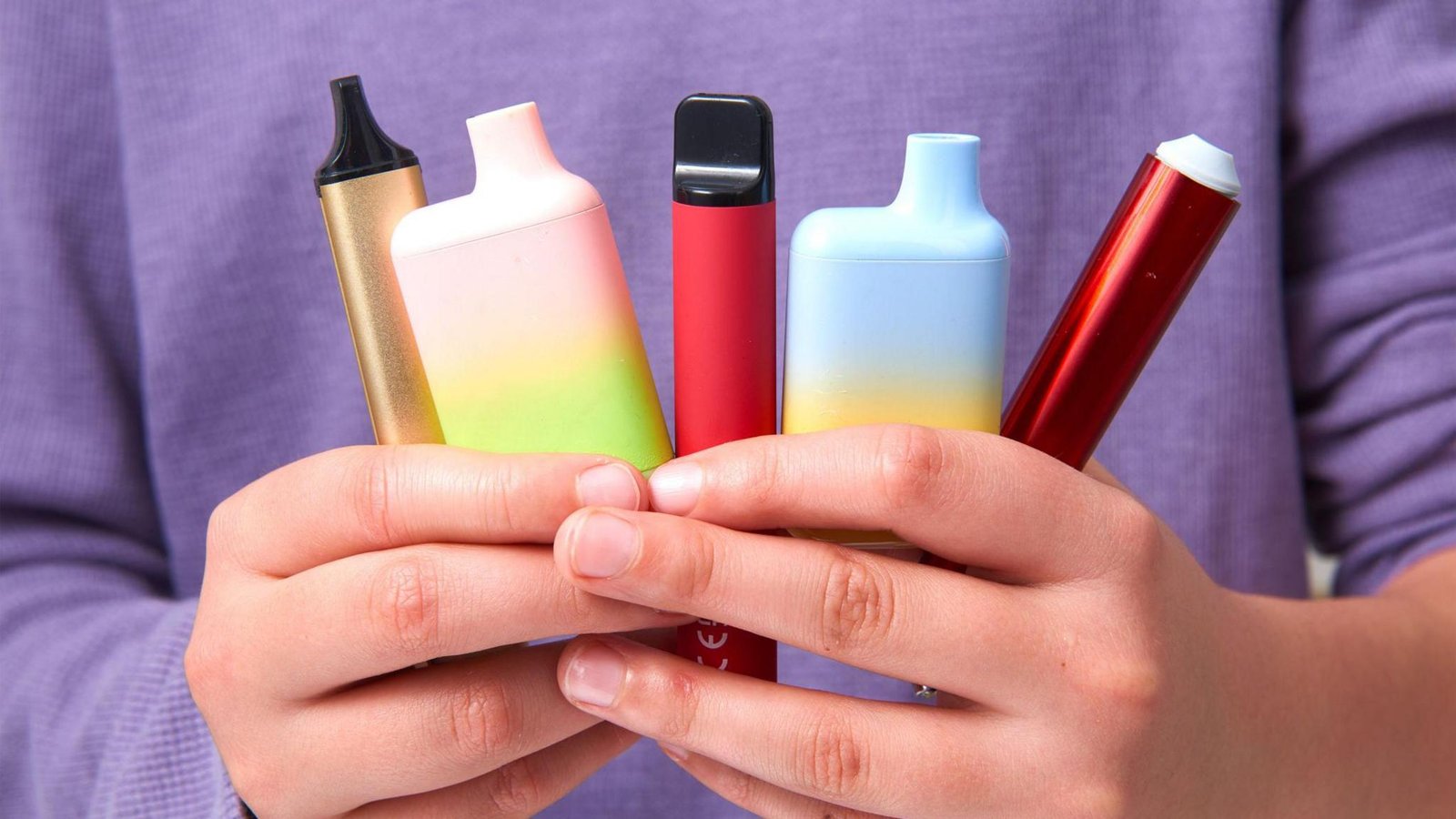Expanding Measles Outbreak in the United States and Guidance for the Upcoming Travel Season

Table of Contents
The United States is currently grappling with a significant measles outbreak, with nearly 500 confirmed cases reported across 19 states as of late March 2025. This marks a substantial increase from the previous year, with Texas being the most affected state, accounting for approximately 87% of the cases. The majority of infections have occurred among unvaccinated individuals, particularly children under the age of 19. With the upcoming travel season, it’s imperative for travelers to take proactive measures to protect themselves and prevent further spread of this highly contagious disease.Vox+3The Guardian+3Business Insider+3Business Insider+1The Guardian+1
Understanding Measles and Its Transmission
Measles is a highly contagious viral disease that spreads through respiratory droplets when an infected person coughs or sneezes. The virus can remain viable in the air and on surfaces for up to two hours, making it exceptionally easy to contract in shared spaces. Initial symptoms typically appear 7–14 days after exposure and include high fever, cough, runny nose, and red, watery eyes, followed by a characteristic red rash. Complications can be severe, particularly in young children and immunocompromised individuals, potentially leading to pneumonia, encephalitis, and even death.Business InsiderMidland Reporter-Telegram
Current Outbreak Status
As of March 28, 2025, the Centers for Disease Control and Prevention (CDC) reported 483 confirmed measles cases across 19 states. Texas has been disproportionately affected, with 400 cases, particularly concentrated in Gaines County. Other states reporting cases include Kansas, Oklahoma, New Mexico, New York, and New Jersey. Notably, 97% of these cases involve unvaccinated individuals or those with unknown vaccination status, and 75% are individuals under 19 years old. There has been one confirmed measles-related death, with another under investigation.New York Post+2The Guardian+2Business Insider+2Midland Reporter-Telegram+2New York Post+2The Guardian+2
CDC Recommendations for Travelers
With the spring and summer travel season approaching, the CDC emphasizes the importance of vaccination to prevent measles infection and its spread. Travelers should ensure they are fully vaccinated against measles at least two weeks before departure. The CDC provides the following vaccination guidelines:CDC+1Allegany County+1CDC+2New York State Department of Health+2CDC+2
- Children: Two doses of the MMR (measles, mumps, rubella) vaccine are recommended. The first dose should be administered at 12–15 months of age, and the second at 4–6 years of age. CDC+1North Carolina Medical Society+1
- Infants (6–11 months): Should receive one dose of the MMR vaccine before international travel. This dose does not count toward the routine childhood vaccination series. CDC
- Adults: Those without evidence of immunity should receive at least one dose of the MMR vaccine. Adults at higher risk, including international travelers, healthcare workers, and students at post-secondary institutions, should have two documented doses. North Carolina Medical Society+1CDC+1
In addition to vaccination, travelers should monitor for signs and symptoms of measles for three weeks after returning from areas with ongoing outbreaks or international travel. Vax-Before-Travel
Impact of Health Policy Changes
Recent policy changes and funding cuts to the U.S. Department of Health and Human Services (HHS) have raised concerns about the nation’s capacity to manage public health crises. Under the leadership of Health Secretary Robert F. Kennedy Jr., known for his anti-vaccine stance, the department has experienced significant staff reductions and a shift in focus that may undermine vaccination efforts and public health initiatives. These changes could potentially exacerbate the current measles outbreak and hinder response efforts.Houston Chronicle+1Vox+1Vox
Preventative Measures for Travelers
To minimize the risk of contracting and spreading measles during travel, consider the following precautions:
- Verify Vaccination Status: Ensure you and your family members are up to date with the MMR vaccination according to CDC guidelines.CDC+3CDC+3North Carolina Medical Society+3
- Practice Good Hygiene: Regular handwashing with soap and water, using hand sanitizers, and avoiding close contact with individuals who are ill can reduce the risk of infection.
- Stay Informed: Keep abreast of measles outbreaks in your destination by consulting resources like the CDC’s Travel Health Notices. CDC+1CDC+1
- Seek Medical Advice if Exposed: If you suspect you’ve been exposed to measles or develop symptoms after traveling, contact a healthcare provider promptly.
Conclusion
The resurgence of measles in the United States underscores the critical importance of vaccination and public health vigilance. As travel increases during the upcoming seasons, taking proactive measures to ensure immunization and adhering to public health guidelines are essential steps in protecting individual and community health. By staying informed and prioritizing preventative care, travelers can contribute to curbing the spread of measles and safeguarding public health.
You can also try vape products : kado bar , Kado Bar NI40K , Kado Bar Snap 25K Disposable Pod , Kado Bar PK5000



